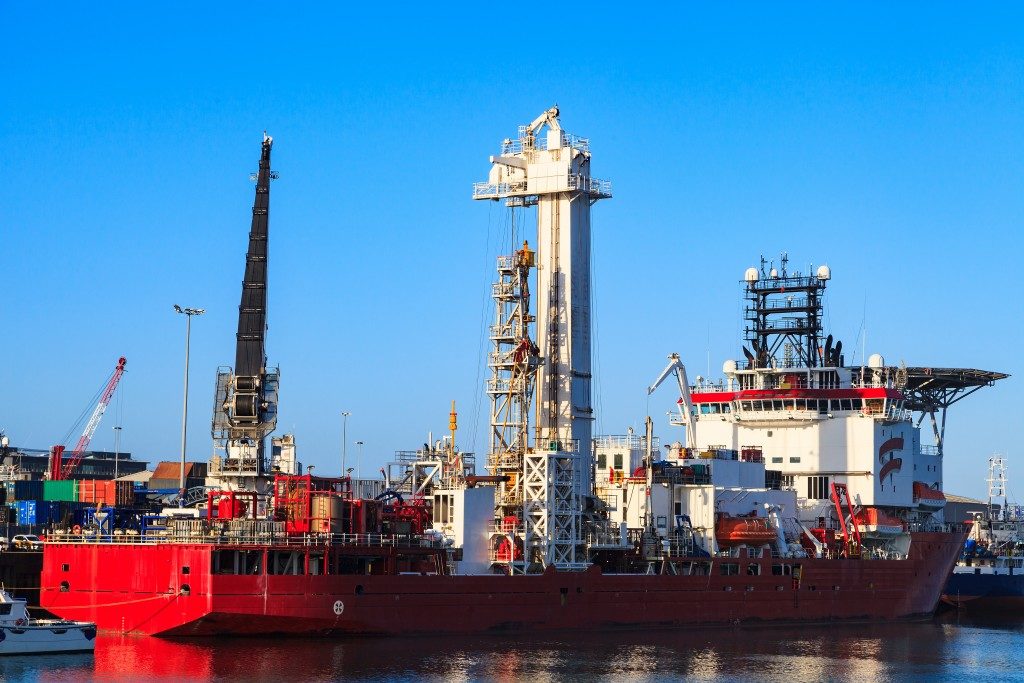Preparing for unexpected things is better than not being prepared at all. We are all prone to experiencing things in life that are out of our hand, good or bad. Accidents or losses are unavoidable, but you can prepare your business for such a possibility and protect your crew, cargo and clients from possible damage.
The Marine Industry
Life at sea is perilous for seafarers and their vessels. Accidents could happen due to unpleasant weather conditions, mechanical problems, or even sickness. These things may affect a business, their clients, and the seafarers – which may result in financial losses, delay in delivery of goods, economic impact, and even seafarer’s safety.
Since life at sea can be unexpected, marine and freight companies need to have insurance to safeguard their people, goods, and services. FD&D insurance or freight demurrage and defence insurance provide coverage for ship owners and shipping businesses for legal costs and damages.
Disputes with Clients
Insurance also assists charterers against any legal costs that may result from pursuing or defending claims from contractual disputes. Charterers use FD&D insurance for situations like cancellation of a voyage charter, or as a proactive loss prevention tool.
Shipowners and charterers have no control over the events that may transpire at sea. They have to decide on matters that involve the safety of the crew and the vessel. However, these may come at the cost of the shipowners.
Shipowners are faced with increased costs, operating expenses, and other economic exposures if these situations happen. FD&D serves as a response to such high-value or complex legal claims that members may experience. Defence insurance can also be supplemental to claims other than H&M (hull and machinery) or P&I (protection and indemnity).

But there are other reasons why insurance is vital in the shipping industry. First, accidents happen. Transport is a risky business, even if technology improves navigation. Shipowners could only manage risks better if they have insurance.
Second, it prevents extreme financial loss. Carriers have limited liability and carrying costly goods can carry risks. Insurance can provide protection for shipowners. Goods and cargo can be insured up to a certain amount that is above their invoice value in case of loss. Cargo insurances can also cover part of the duties and taxes, as well as additional delivery costs.
Third, it could also protect companies from damages. Aside from the economic impact, there are also additional concerns for the goods and cargo. Carriers are not liable to pay for damages if it is due to an unforeseeable event.
Carriers cannot compensate for a client’s loss if it is due to a specific event such as natural catastrophes. These include tidal waves, and strong hurricanes and storms. Such events are seen as an “Act of God”, and even if the carrier provides compensation, it does not cover the total cost. Insurance is a helpful way to recover from any damage to the ship.
The marine industry can be a high-risk business, but there is protection for ship owners and charterers. Insurance providers know this and have only the best interest of their clients.

